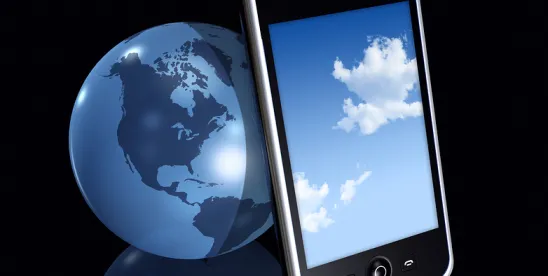The Telephone Consumer Protection Act (TCPA) is such a delightful little statute. Everywhere you look there’s a new issue to discover.
Consider this: it is illegal to call a cell phone used for residential purposes that is on the DNC list (without appropriate consent, of course.) But when is a cell phone used for residential purposes, and how does a Plaintiff prove that it is?
That was the issue before the court in Stevens-Bratton v. Trugreen, Inc., No. 2:15-2472, 2020 U.S. Dist. LEXIS 17783 (W.D. Tenn. Feb. 04, 2020) and—whatever the standard of proof might be—a self-serving declaration that is contradicted by record evidence is not going to get the job done.
In Trugreen—remind anyone else of Trueblue?— the Plaintiff contends the Defendant called to offer residential lawn care services. That—says the Plaintiff—was the first hint that Defendant was calling a residential line. The Court was unphased, however, as the nature of services being offered by the Defendant did not determine whether Plaintiff was actually using the number for residential purposes.
Next, the Plaintiff relies on her declaration in which she states “I have used my cellular phone… as both my residential line and mobile line since May 2005. I have not had a landline since May 2005.” That may seem pretty solid but the Court was unmoved. The Court finds that the first part of the statement (that she used the number as a residential line) was just a legal conclusion parroting the statutory requirement. The second part of the statement (that she has not had a landline since May 2005) was inconsistent with Defendant’s records that demonstrated the Plaintiff supplied a home phone and cell phone number on her service agreement. This factual record was simply not enough to raise a triable issue in the Court’s mind.
Finally, the Plaintiff argued that the mere fact the number was registered on the DNC was—in and of itself—sufficient to raise a triable issue on the matter since only residential numbers are supposed to be listed on the national DNC. Indeed, some courts have reached this conclusion in reliance on the FCC’s assessment that it would “presume wireless subscribers who ask to be put on the national do-not-call list to be 'residential subscribers.'” Nonetheless, the Trugreen court points out that the FCC did not create an evidentiary presumption. The Court goes on to distinguish case law permitting DNC claims to survive the pleadings stage based on the allegation of DNC list registration as inapposite at the MSJ phase when actual evidence must be submitted to create a triable issue. #procedure
So there you go folks. While a cell phone number may certainly be a residential line for DNC purposes it is incumbent upon the Plaintiff to actually prove that the phone was being used in that manner. A mere showing that a Defendant called the number for residential purposes, or that the number is on the National DNC list is not going to cut it. Nor will a self-serving affidavit that is contradicted by other evidence. Keep it in mind.




 />i
/>i

